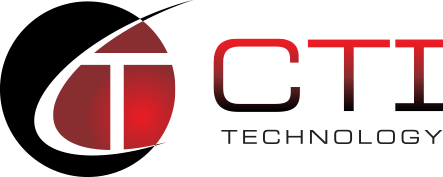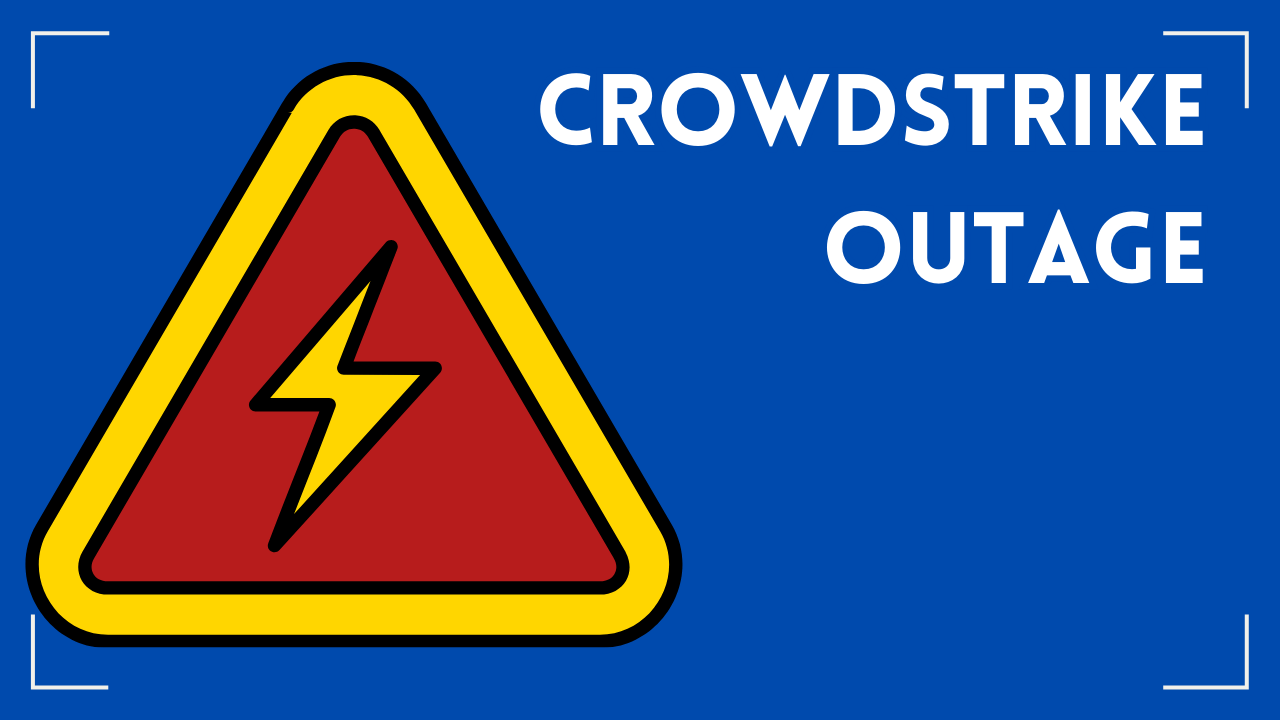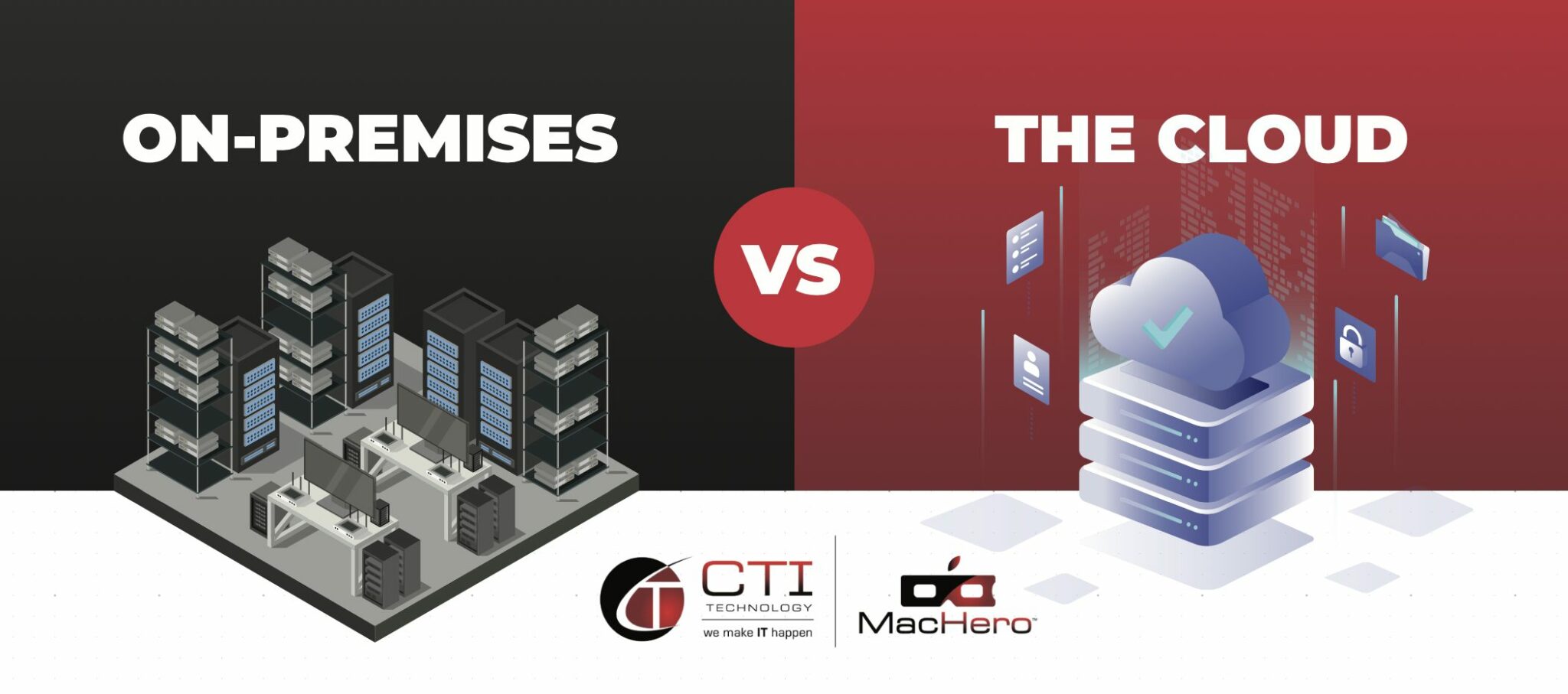How Do IT Systems Ensure Compliance with Cash Transaction Limits?
CTI Technology provides Chicago businesses with up-to-date IT systems to help them comply with government cash limits, avoid facilitating money laundering activities, and clear any penalties.
Despite 60% of customers preferring to use debit/credit cards when making purchases, cash transactions still play a vital role in business operations as they account for 19% of all business transactions in the US. As a result, many of these cash transactions often go unaccounted for, with some consumers using it to go under the government’s radar.
The US government has imposed several restrictions on people and businesses when conducting cash transactions to enforce its anti-money laundering efforts. If you go beyond these cash transaction limits, you may be subject to severe fines of a maximum of 100% of the funds in question.
So, without further ado, let us examine US government limitations regarding cash transactions in more detail. We will also look at how your business can guarantee compliance and avoid civil penalties or, in some cases, criminal prosecution.
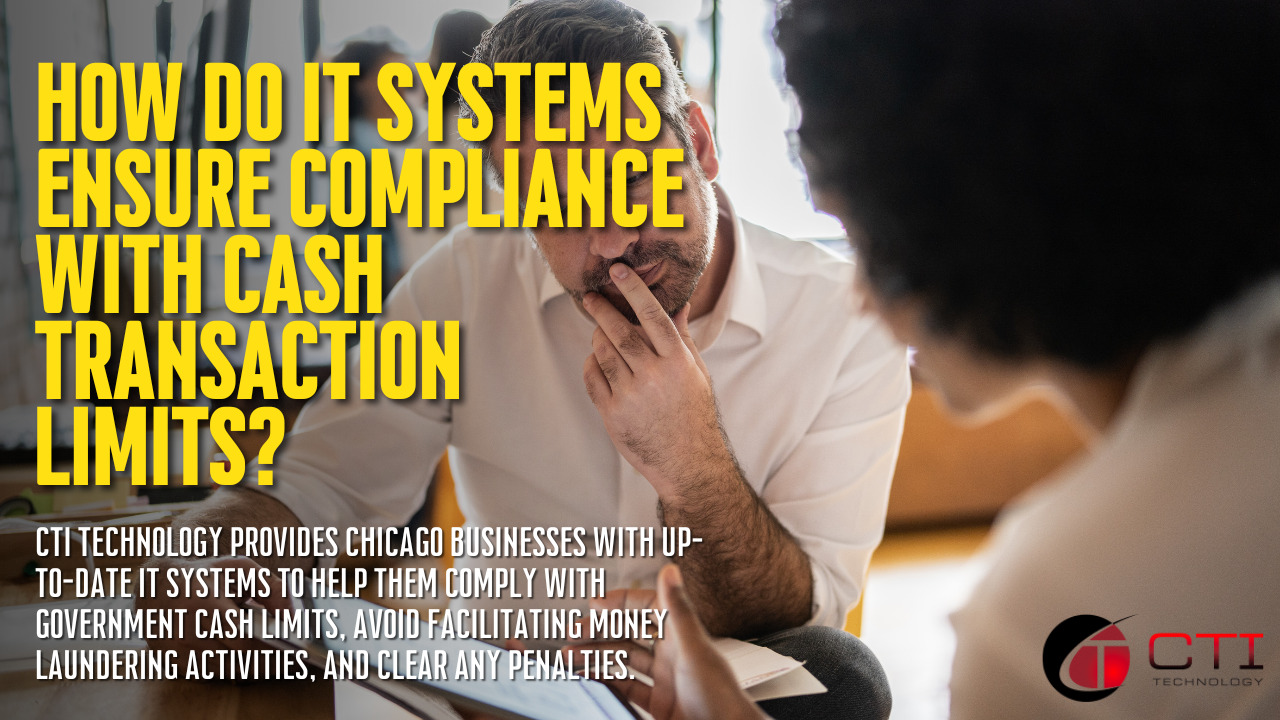

What is the Cash Payment Rule in the United States?
In the US, the Internal Revenue Code (IRC) provides that individuals and businesses in the course of trade or their business operations must report cash transactions over $10,000 to the Internal Revenue Service (IRS) and provide the payer with a statement. This limit applies to anyone selling products and services, including attorneys, pawnbrokers, travel agencies, real estate brokers, insurance companies, and dealers of antiques, aircraft, furniture, boats, automobiles, rugs, and art pieces.
For the purposes of the law, cash refers to any currency of the United States and any other foreign state. It may also include a bank draft, cashier’s check, money order, or traveler’s check of at least $10,000. However, it does not include a check drawn from someone else’s personal bank account.
So, whether you receive this amount or more in one payment, at least two related payments in 24 hours, as one transaction in one year, or as part of two or more related payments within one year, you have to report the transaction to the IRS. For example, if a customer comes to your jewelry store and purchases $14,000 but pays only $4,000 to hold the watch and comes in the following week and gives you $4,000. Then the following week, completing the payment, federal law requires you to report that transaction.
Reporting Requirements for Cash Transactions
To comply with the reporting requirement stipulated by federal law, you must submit form 8300 and provide an accurate detail of the required information, including the payer’s name, address, tax identification number, identification form, and payer’s occupation, and many others. You must file this form within 15 days after receiving the payment.
Upon filing the form, you can submit it in two ways, including completing a paper copy and mailing it to the mailing address of the IRS as provided or submitting the form electronically through the Financial Crimes Enforcement Network (FinCEN) filing system. Before sending the form, ensure that you keep a copy as proof of compliance in the future. Do not forget to take note of the date of filing.
What is the Importance of the Cash Payment Rule?
Making cash payments are perfectly legal. Not only is it a reliable and cost-effective payment option, but it is also a means of protecting consumer privacy and serves as an equalizer for race and financial levels.
However, the government aims to keep track of large cash transactions through the IRS to fight money laundering and other illegal activities. As mentioned, criminals often conduct large cash transactions after obtaining money through illegal means like drug trafficking, corruption, tax evasion, or terrorist funding.
Penalties For Lack of Compliance with the Cash Transaction Limit
Businesses are liable to severe penalties if they willfully fail to submit a complete Form 8300 within 15 days after the transaction. They can receive a fine of a minimum of $25,000 or are required to pay the amount received that you were to report. Note that the maximum fine is $100,000.
Willful failure to file or intentional filing of a fraudulent Form 8300 may also result in criminal repercussions. An individual can be fined a maximum of $250,000, or if you are a corporation, you could get a maximum penalty of $500,000. If that does not deter you from submitting false reports, you may be sent to prison for a maximum of five years.
The IRS may also issue penalties even though your actions are solely negligent and not malicious. Each late return for filing is subject to a $250 fine. The IRS may still issue a $250 fine if you submit the form with incomplete or inaccurate information. Therefore, ensure that Form 8300 is not only submitted on time but also that the information on the form is true and accurate.
How Can IT Systems Help Businesses Comply with the Cash Payment Rule?
Many businesses can attest to the difficulty in keeping track of cash transactions and ensuring compliance with government regulations. Technological advancements have made it easier for individuals and businesses to manage and control their finances.
From implementing KYC procedures to using AI and deep learning technology to machine learning, you can actively stay on track with anti-money laundering laws and avoid fraud. Some advanced IT systems even have anti-money laundering transaction screening technology that performs an instant check of the details of the sender or receiver, hence minimizing the risk of financial crime.
These systems also include other innovative software solutions, like transaction monitoring, anti-money laundering name screening, and even adverse media screening, which helps businesses pinpoint and protect them from potential risks. Thus, businesses must ensure that their IT system helps them comply with the cash payment rule and other anti-money laundering regulations.
Are you searching for an experienced and knowledgeable group of professionals to install, upgrade, or maintain your businesses’ IT system? Contact CTI Technology for further information on our IT Lifecycle Management services.
Why Is CTI Technology The Best Choice For IT Services In The Chicagoland Region?


















